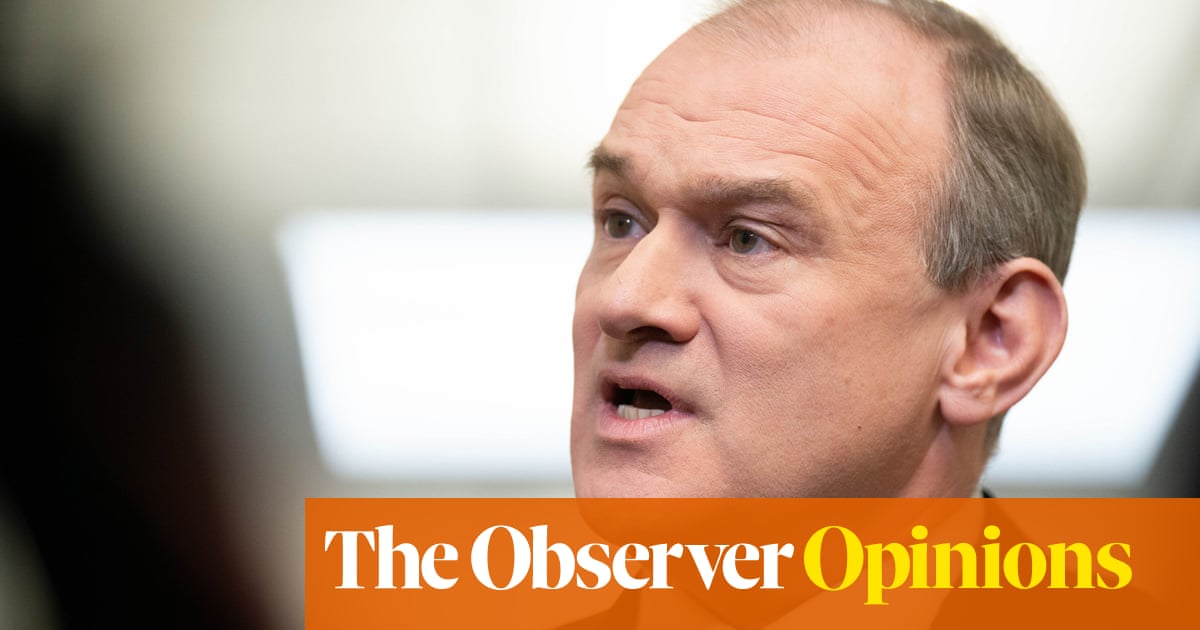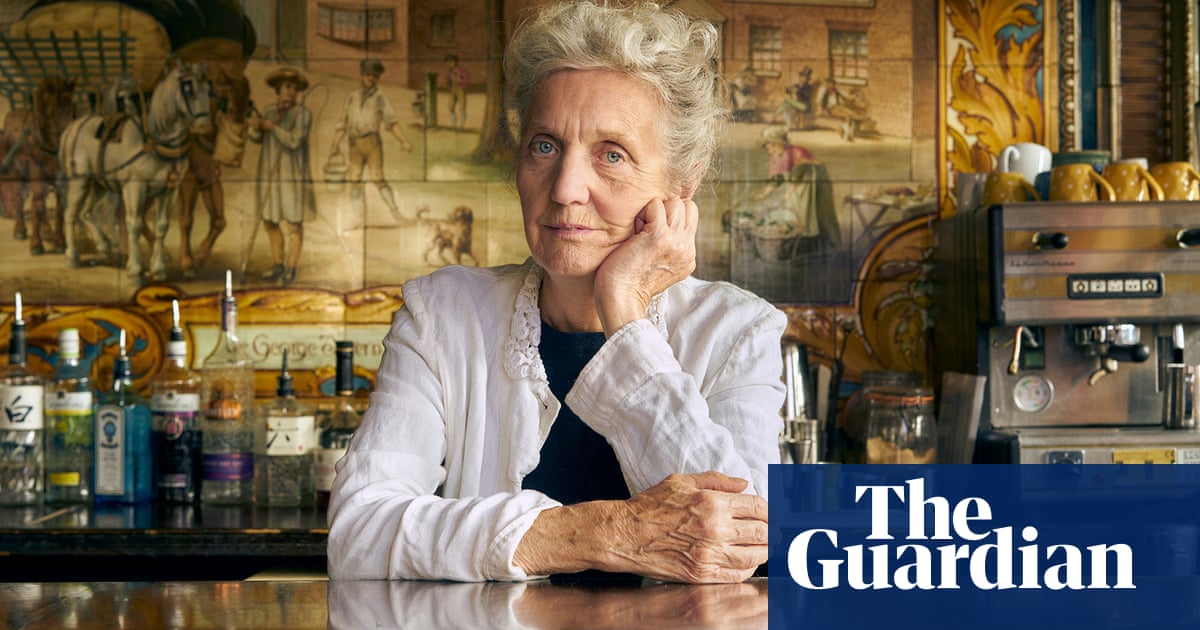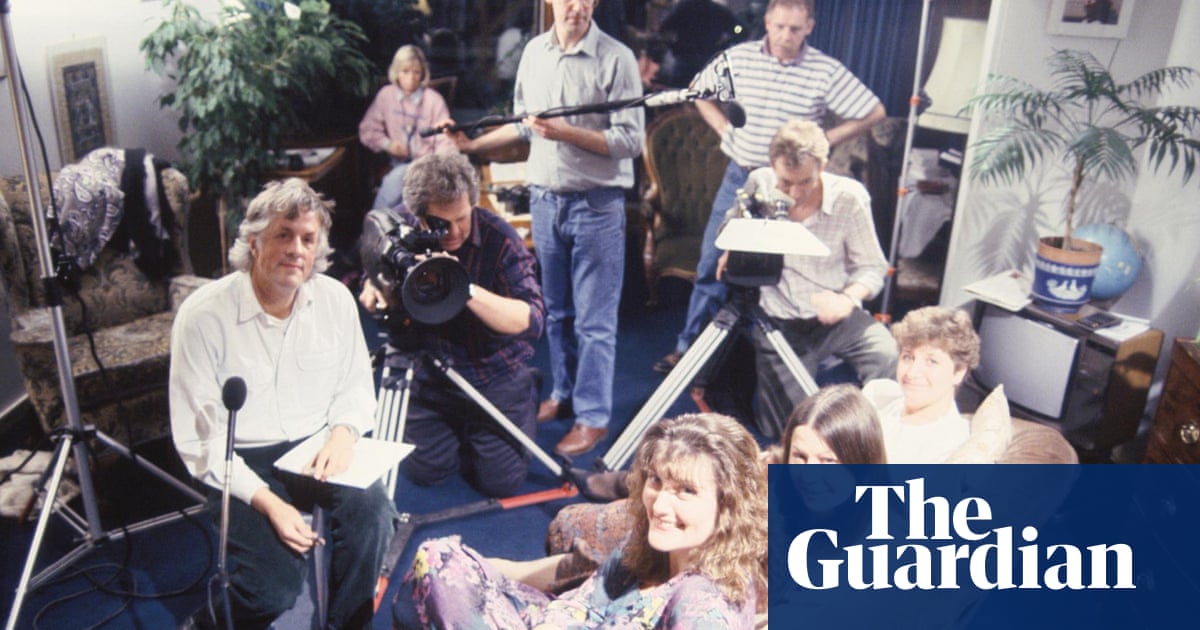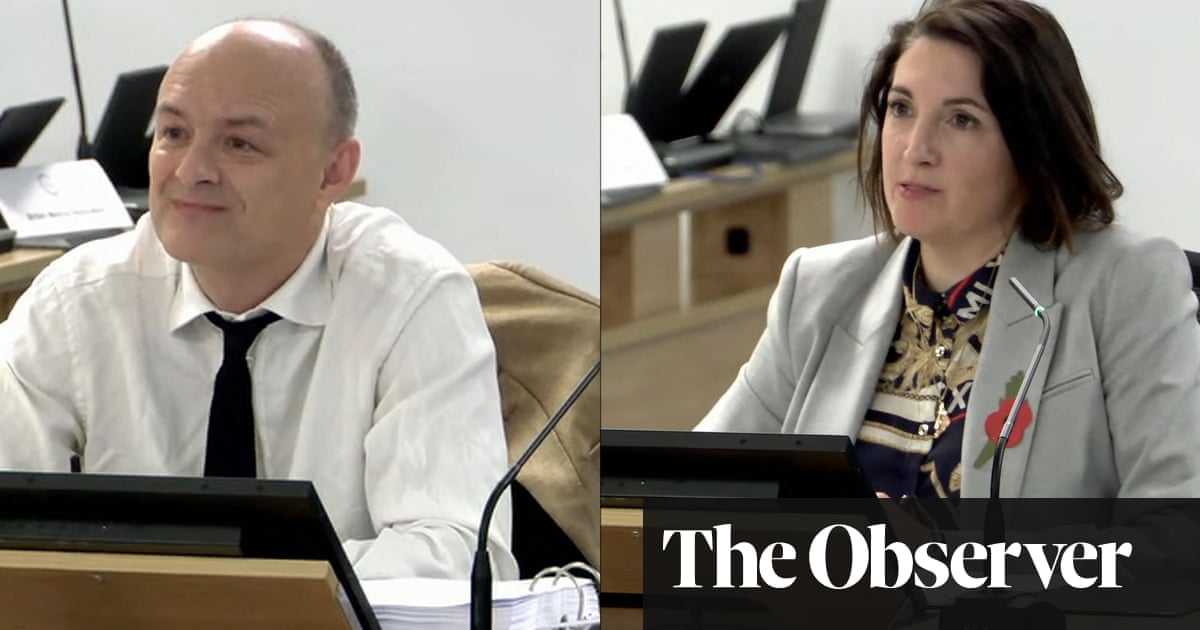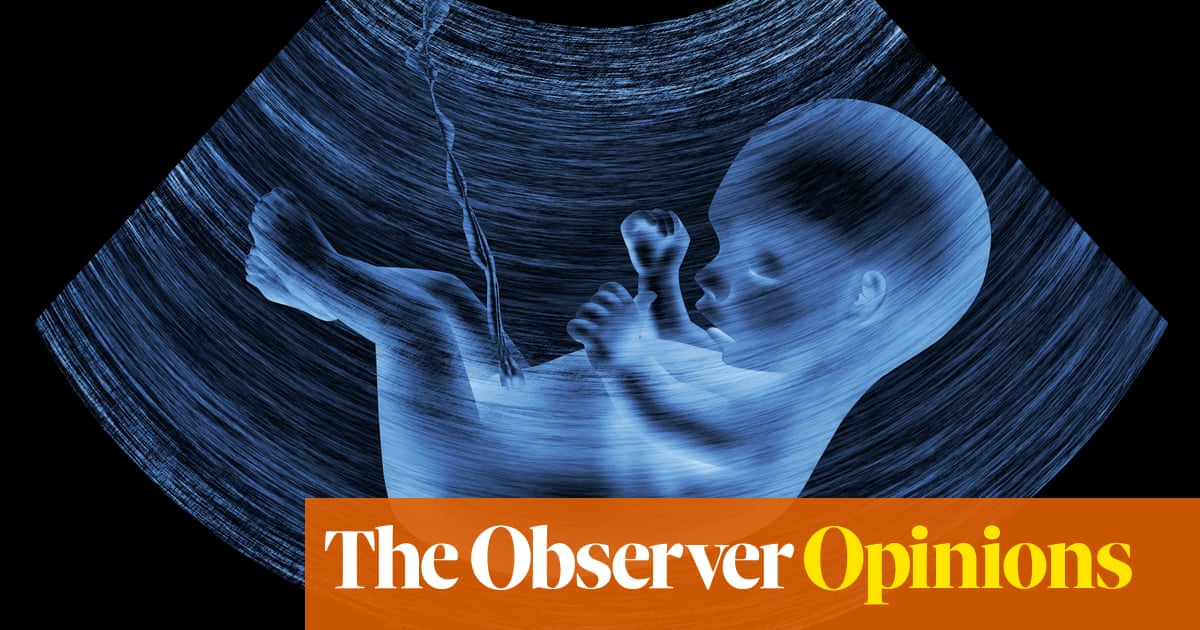
She is one of the greatest writers of the 20th century, an Anglo-Irish novelist and celebrated intellectual who hung out with the Bloomsbury set and wrote a masterpiece about the second world war.
Now, a set of extraordinary, previously unpublished letters from Elizabeth Bowen – author of The Heat of the Day – sheds new light on the author’s “obsession” with love triangles and motherless children in her fiction. The letters date from 1933, when Bowen, then 33, embarks on a love affair with the academic Humphry House, then 24, after she is invited to an all-male luncheon at Wadham College, Oxford.
Bowen, a friend of Virginia Woolf who transformed the Modernist movement in British literature, had already published several avant garde novels and volumes of short stories and was living in Oxford with her “doting” husband, the war veteran Alan Cameron.
But her correspondence with House reveals conclusively for the first time that the rumours of her sexless marriage are true: despite marrying Cameron in 1923, she was still a virgin in 1933 – and it is with House she lost her virginity.
He then went on to marry another woman, at the height of their affair, and it is clear from Bowen’s letters he often flirted with younger women in front of her during their stormy three-year relationship.
On paper, Bowen struggles to make sense of House’s “bad behaviour” and her feelings of jealousy and insecurity: “I don’t mind you hurting me inadvertently or deliberately, if it is not in the dark,” she writes to him pleadingly in the summer of 1933, after their first falling out. He had come to visit her at Bowen’s Court, her ancestral home in Ireland – only to abandon her for a road trip with an “irresistibly attractive” young woman, an acquaintance he had only just met.
“I’ve been less hurt by what you do and may well do again in the exercise of a freedom I respect than by a feeling of something factitious between us. A dread that I might be dealing with an unreal person,” Bowen writes.
She confesses: “I’m still ignorant, nervous and dread touching the limits of feeling, if it has any limits. I still miss things and blunder and want perfection in intimacy so frightfully … I remember standing with you beside the palm tree and I remember the moment, an extreme awareness of you and the man in you.”
Her feelings for House have “a touch of the subjection” that any woman – “unless she is first of all motherly, which I am not” – feels for any man: “the desire to be towered over spiritually, intellectually, morally”.
She writes: “To be a so-called clever woman is to be moving blindly and dumbly under a crust of oneself all the time. I am partly a clever woman, but also very much more and very, very much less.”
The letters, believed to be one of the most significant collections of unpublished Bowen material still in private hands, will appear in print for the first time in a soon to be published book, The Shadowy Third – Love, Letters, and Elizabeth Bowen. It has been collated by House’s granddaughter, Julia Parry, an English teacher who came across the correspondence in a box in her uncle’s attic and inherited the collection when he died.
Unusually, the collection includes House’s letters to Bowen: they were discovered in a flat formerly owned by Bowen and returned to Parry’s uncle, enabling her to piece together both sides of their intimate revelations.
“There’s this image of Bowen as this slightly cold, domineering woman, but her letters show she’s actually quite vulnerable and has a very complex and contradictory emotional life. She doesn’t quite know how to negotiate her way through an affair – you get the sense she’s trying desperately to control what’s going on, but doesn’t really know how,” says Parry. “There’s this clash between the two of them because Bowen knows she’s a star, she’s already got three well-known novels behind her. And yet she doesn’t know how to behave with Humphry. She’s made anxious by him because he is sexually experienced and she is not.”
In one letter, dated July 1934, House explicitly discusses the “gloomy” night he took Bowen’s virginity. She is angry with him after hearing from Berlin that his new wife, Madeline, is pregnant and accuses him of lacking “simplicity”. “You are right in thinking that one of the reasons I did not mention it, was that I thought you would be hurt,” he writes, adding in his defence that “all contraceptive arrangements were in Madeline’s hands, and she said they were good enough: yet a child was begotten”.
He goes on: “But for simplicity – directness, why, Elizabeth, did you not tell me when we first slept together that you were a virgin? I thought you had some malformation: for you said only: ‘I am as difficult as a virgin.’ I could not know you were one: and had I known, with what more tender slowness I would have come to you, and how much less gloom would have sat across that breakfast tray!”
Later, after House and his wife have had their baby, Bowen accuses him of failing to understand how upsetting it is for her, when he leaves her in Ireland during the summer and goes back to his wife and child. “This is the only real time of the year we have together,” she writes. “I felt bitterly … how hard I had been hit. Also you know the whole area is painful when I myself wanted a child so much.”
It is likely the dysfunctional love triangle between Karen, Naomi and Max in Bowen’s groundbreaking 1935 novel, The House in Paris, reflects her relationship with House and his wife, and her feelings about motherhood. Karen has an affair with Max when he is about to marry Naomi – he then takes his own life and Karen, who marries another man, abandons their son and denies his existence. She later agonises over her decision and her inability to be “a natural mother”.
Parry thinks Bowen’s affair with House awakened “two different selves” in the novelist: “Number one was her sexual self, and number two was her maternal longings.” Like Karen, her earlier letter indicates she did not see herself as “motherly”: “She actively didn’t want children and chose a relationship which allowed her the freedom to write – and I don’t think that was a problem for her until the man she was seeing had a child with someone else.”
That showed Bowen the road she had not travelled, and seems to have triggered a feeling of loss that Parry thinks probably came as a surprise. “And I think that’s fascinating because when we look at her fiction, there are lots of lost children and many who don’t have parents. To me, one of the most interesting aspects of the letters is thinking about Bowen as somebody who realises that, in terms of being a mother, her ship has sailed.”




